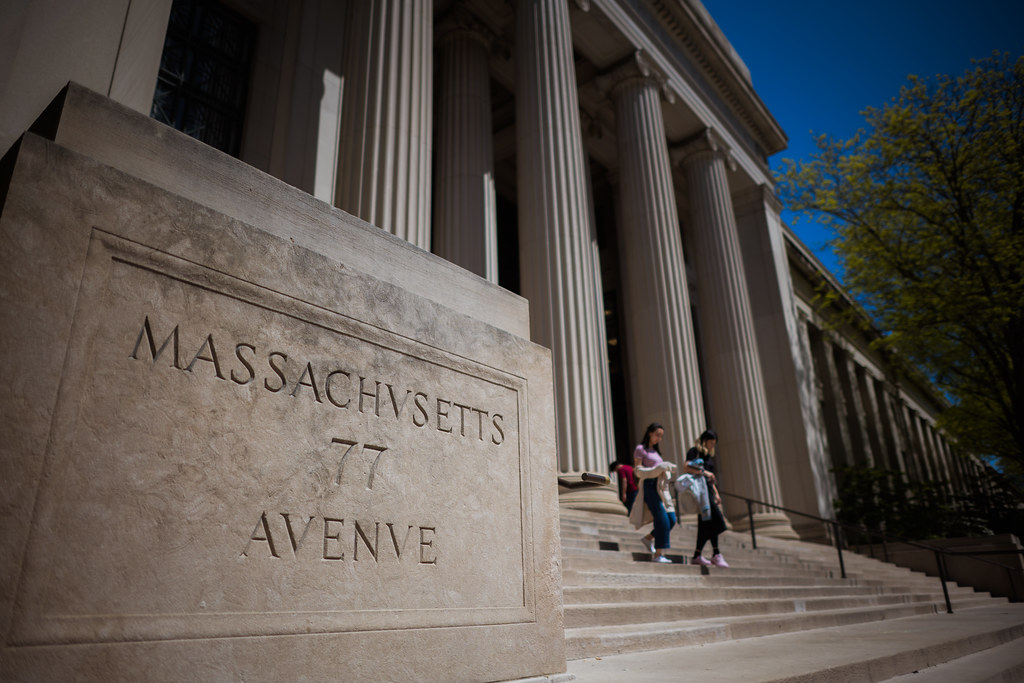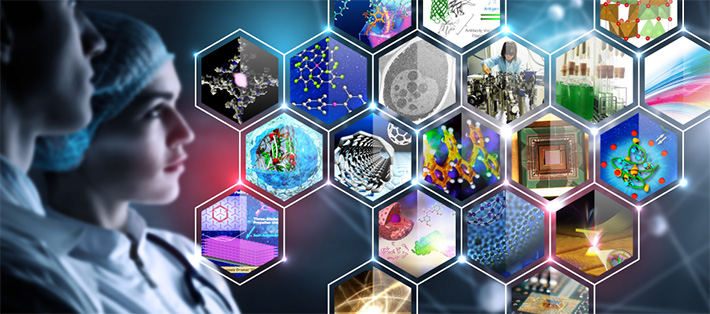
Celebrating Excellence in Engineering: MIT’s Newly Tenured Faculty for 2024
In a significant recognition of academic and professional success, MIT has honored eleven faculty members with tenure across its esteemed School of Engineering in 2024. This prestigious acknowledgment reflects their exceptional contributions to engineering research, education, and mentorship in various departments, including Aeronautics and Astronautics, Chemical Engineering, and Electrical Engineering and Computer Science (EECS).
 The newly tenured engineering faculty at MIT.
The newly tenured engineering faculty at MIT.
A Salute to Innovation and Influence
Anantha Chandrakasan, MIT’s dean of engineering, expressed his heartfelt congratulations to the new professors. “These faculty members have already made a lasting impact in the School of Engineering through both advances in their field and their dedication as educators and mentors,” he stated. The newly tenured faculty are shaping the future of engineering through groundbreaking research and innovative teaching approaches.
Spotlight on New Tenured Faculty
Among the newly tenured educators are experts committed to pushing the boundaries of their respective fields:
-
Adam Belay: As an associate professor of computer science at MIT’s CSAIL, Belay focuses on operating systems, runtime systems, and distributed systems. His research aims to enhance computing efficiency and performance within large data centers, particularly through innovative methods for microsecond-scale computing.
-
Irmgard Bischofberger: A leader in mechanical engineering, Bischofberger studies the mechanisms of pattern formation in complex fluids. Her research provides fundamental insights crucial for both industrial applications and the understanding of physical systems.
-
Matteo Bucci: Serving as the Esther and Harold E. Edgerton Associate Professor, Bucci’s work on two-phase heat transfer mechanisms is pivotal for advancements in nuclear reactors and space systems. He applies machine learning to facilitate data analysis, promising to revolutionize heat transfer experiments.
Advancing Robotics and Computational Science
-
Luca Carlone: As the Boeing Career Development Professor in Aeronautics and Astronautics, Carlone spearheads projects in robotics and autonomous systems. His lab is focused on developing algorithms that enable real-time understanding of complex environments, aiming to enhance the functionality of mobile robotics.
-
Manya Ghobadi: An associate professor at CSAIL, Ghobadi specializes in creating efficient network infrastructures that maximize resource utilization and energy consumption in large-scale systems. Her contributions are integral to modern network design and application.
-
Zachary Hartwig: As a professor of nuclear science and engineering, Hartwig’s research centers on developing technologies for fusion energy. He is one of the co-founders of Commonwealth Fusion Systems, a startup committed to making fusion energy a viable alternative.
 Innovative research at MIT’s School of Engineering.
Innovative research at MIT’s School of Engineering.
Bridging Ancient Wisdom with Modern Technology
-
Admir Masic: Masic’s interdisciplinary focus on sustainable materials is a perfect blend of history and modernity. His work connects ancient methodologies with innovative material technologies, contributing to a more sustainable future in construction and energy.
-
Stefanie Mueller: The TIBCO Career Development Professor develops novel hardware and software systems that revolutionize how objects interact with their environments, particularly through embedded sensors and health-sensing devices.
-
Koroush Shirvan: Focusing on advanced nuclear reactor technology, Shirvan’s research is instrumental in innovating reactor design and improving the sustainability of power plants.
Computational Challenges and Solutions
-
Julian Shun: An expert in parallel and high-performance computing, Shun’s research aims to develop efficient algorithms suited for complex graph and spatial data challenges, enhancing the capabilities of computer science applications in real-world scenarios.
-
Zachary P. Smith: As a co-founder of Osmoses, Smith’s work in membrane technology targets energy-efficient solutions for industrial gas separations, contributing to advancements in environmental sustainability.
Conclusion
The elevation of these eleven professors to tenure represents MIT’s commitment to excellence in engineering education and research. Their diverse expertise not only enriches the academic community but also addresses some of the most pressing challenges in engineering today. Together, they stand poised to influence the next generation of engineers, ensuring that MIT continues to lead at the forefront of innovation.
As the engineering landscape continually evolves, the contributions of these faculty members will undoubtedly inspire future advancements and foster a culture of innovation at MIT.
 Celebrating the achievements of MIT’s Engineering faculty.
Celebrating the achievements of MIT’s Engineering faculty.















